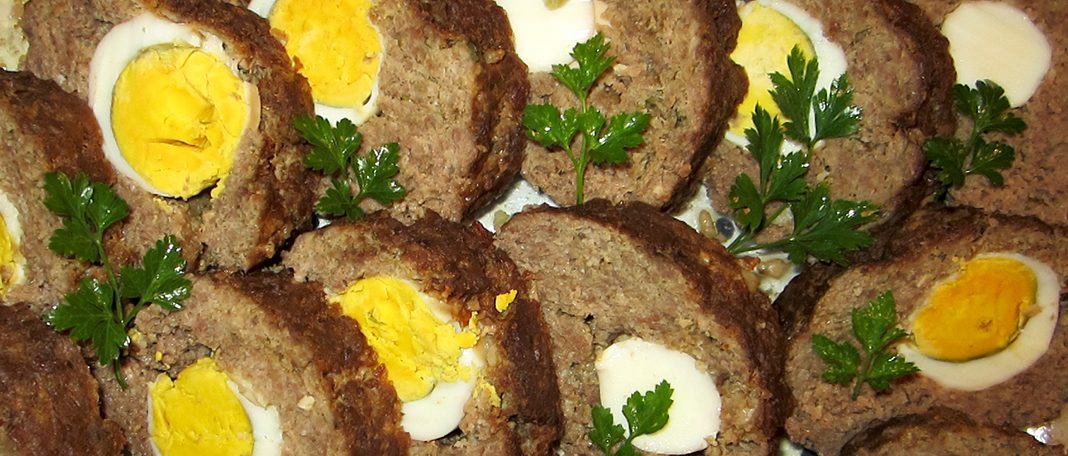The metabolic advantage is a term used to describe the ability of diet to help in weight loss or less weight gain. High protein diets help in weight loss for overweight and obese people and it is more beneficial for physically active people, who exercise daily
High Protein Diet
A high protein diet helps you to burn calories and it also boosts metabolism which changes your overall body structure. If you replace protein with carbohydrates and fat your hunger hormones will reduce and boost satiety hormone. Satiety prevents you from overeating and it can even reduce hunger by making you feel that your stomach is full. It not only reduces kilos it also helps to burn belly fat. A high protein diet can help you to burn 80 to 100 calories per day.
How High Protein Helps to Reduce Weight
- It reduces satiety hormones, which helps to regulate hunger response
- It reduce carbs and fat
- Proteins takes time to digest which makes you to feel less hungry
High Protein Foods
People who are planning to lose weight should follow these high protein diets because it has large quantities of proteins and small amounts of carbohydrates. Choosing the right protein diet will help you to achieve ‘Metabolic advantage’. Foods that are high in proteins.
- Eggs
- Chicken breasts
- Beans
- Nuts and almonds
- Cottage cheese
- Geek yogurt
- Milk
- Broccoli
- Fish
- whey protein
Other Benefits of High Protein Diet
Protein not only helps in weight loss but it also helps
- In maintaining your hair and skin.
- In the strengthening of bone
- Reduces appetite
- It helps you to achieve muscle mass
- Reduces hunger level and cravings
- Lowers blood pressure
- Makes your muscle strength as you age
How Much Protein Is Needed
Women should consume 46grams of protein in a day &
Men should consume 56 grams of protein in a day
Side Effects
Too much of anything is harmful. Too much of high protein can lead to
- Headache
- Constipation
- Can lead to Heart diseases
- Can be harmful for your kidneys
- It has the tendency to turn as glucose
















